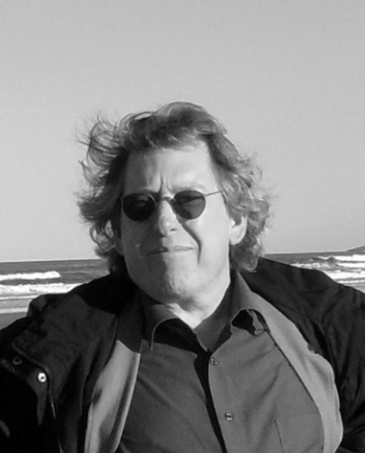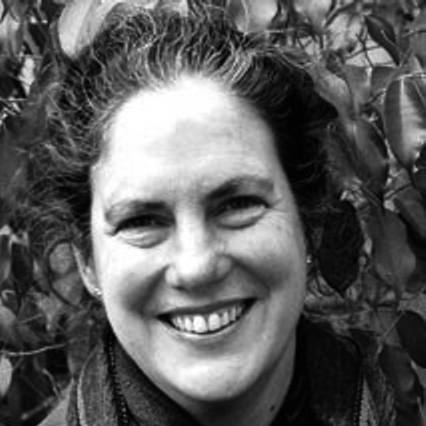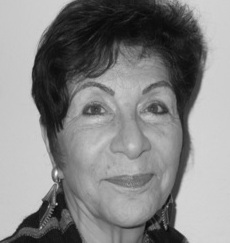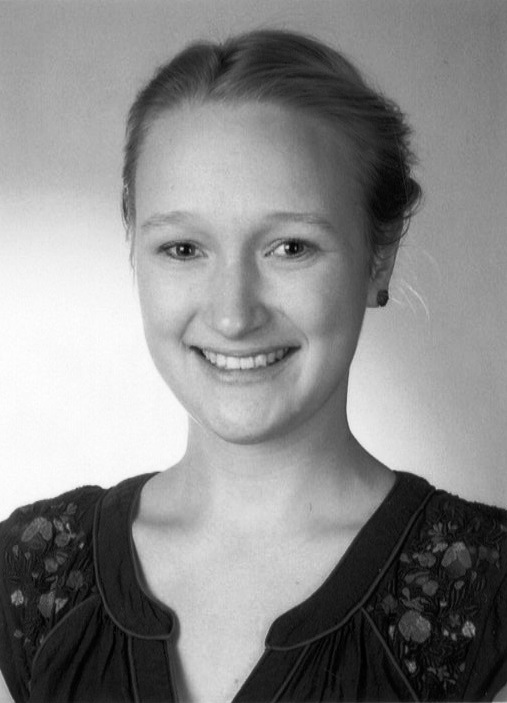- Category: Uncategorised
- Written by Damian
- Hits: 12530
Faculty 2018
|
|||
Our scientific team
Faculty
|
|||
Programme directors |
|||
|
Dr. Wolfgang H. Serbser
|
Born in 1954 Wolfgang has studied fine arts at the University of Kassel, continued with sociology, politics, psychology and law at the Freie Universitaet Berlin. Graduated 1979 as Dipl. soz. at the Freie Universitaet Berlin. Doctor in philosophy at the Technische Universitaet Berlin in 1997. Research fellow and assistant lecturer at the Technische Universitaet Hamburg-Harburg, the Technische Universitaet Dortmund and the Technische Universitaet Berlin in general sociology and in urban, rural and environmental sociology. Assistant professor for sociology and human ecology at Brandenburg University of Technology Cottbus. Since 2006 owner of a project and science consulting agency ProWB in Berlin. Since 2017 he is managing director and academic dean of the European College of Human Ecology. From 2000 to 2017 he was treasurer and member of the executive board of the German society for Human Ecology. Speaker of the foundation council of the European College for Human Ecology. In 2004 Charter member of the Council for European Urbanism and member of the executive board of the homonymous German section since then. Since 2006 member of the board at large of the Society for Human Ecology. Current main research topics are Human Ecology in the Chicago Tradition, New Curricula for Human Ecology Higher Education, Transdisciplinary Research, Urbanity and Human Ecology and Bread & Peace @ Climate Change. |
||
|
Prof. Suzanne Morse
|
Suzanne holds an Ph.D. Botany, University of California, Berkeley. From 1988 to 1991, she was a post-doctoral researcher in the Department of Organismal and Evolutionary Biology at Harvard University. She also was a visiting scholar at the Harvard School of Public Health from 1996-1998, and at the University of California, Berkeley in 2001. Suzanne’s research includes plant physiological ecology and evolution, mechanisms of drought tolerance in plants, weed seed banks, effects of changing carbon dioxide concentrations and temperature on plant population dynamics, and the role of dietary fiber in the expression of type II diabetes. She is currently researching the role of the moon in traditional agriculture, methods of teaching participatory action research, and use of alder as an on-form source of soil amendments in vegetable production. Suzanne joined the COA faculty in 1991, where she teaches a variety of courses in biology, botany, science and society, and agroecology. She also teaches in a masters program at the Norwegian University of Life Sciences (NMBU). Students that have worked with Suzanne at COA have done a wide range of projects, including a radio program on seed saving, an analysis of the impact of the current national organic standards, photographic essays, and research on genetic imprinting in plants. |
||
Programme co-directors |
|||
|
Dr. Parto Teherani-Krönner
|
Parto has worked as a lecturer at the Faculty of Agriculture and Horticulture in the division of Gender & Globalization and is now a guest scientist at the Faculty of Life Sciences at Humboldt University of Berlin. She holds a M.A. in Development and Rural Sociology and a Ph.D. in Environmental Sociology. Since the early ‘90s she has established Women and Gender Studies in Rural Ares as a field of study in Germany. Her areas of research are the socio-cultural dimensions of sustainable development, the engendering of agricultural policy and the cultural ecology of meals and food security. She has conducted a number of field studies in Iran, Sudan and in Germany and has organized within the last decade international summer school programs in Omdurman, Sudan and Berlin, Germany with participants from countries in Africa and Asia. She is currently working on a research project about diversifying food systems in Kenya from a gender perspective. She is also currently a member of the scientific board of the German Society for Human Ecology. Mealculture workshop: https://mealcultures.wordpress.com/ Parto at Humboldt University of Berlin: http://www.agrar.hu-berlin.de/en/instituten/departments/daoe/gg-en/nteam-en/formermembers/teherani-kroenner-en |
||
| Klaus Markus Hofmann |
|||
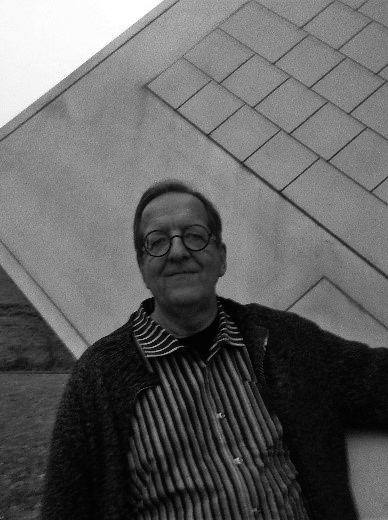 |
Klaus Markus Hofmann is Co-Founder of the European College of Human Ecology. He studied Economy and Human Ecology and graduated as “Civilekonom” from Gothenburg University, Sweden 1980 and pursued post-graduate studies at Stuttgart University, Leipzig University and Stanford Graduate Business School, Palo Alto. He is Founder of NETWORK Institute, exploring sustainable Infraculture and commons and serves at Freiburg University as a guest researcher for Sustainability Research in the Upper Rhine Cluster and faculty for sustainable mobility. Since 2010 he is senior fellow at the Innovation Center for Mobility and Societal Change, InnoZ Berlin. Since 2017 he is CEO and Administrative Dean of the European College of Human Ecology. |
||
| Duane Phillips | |||
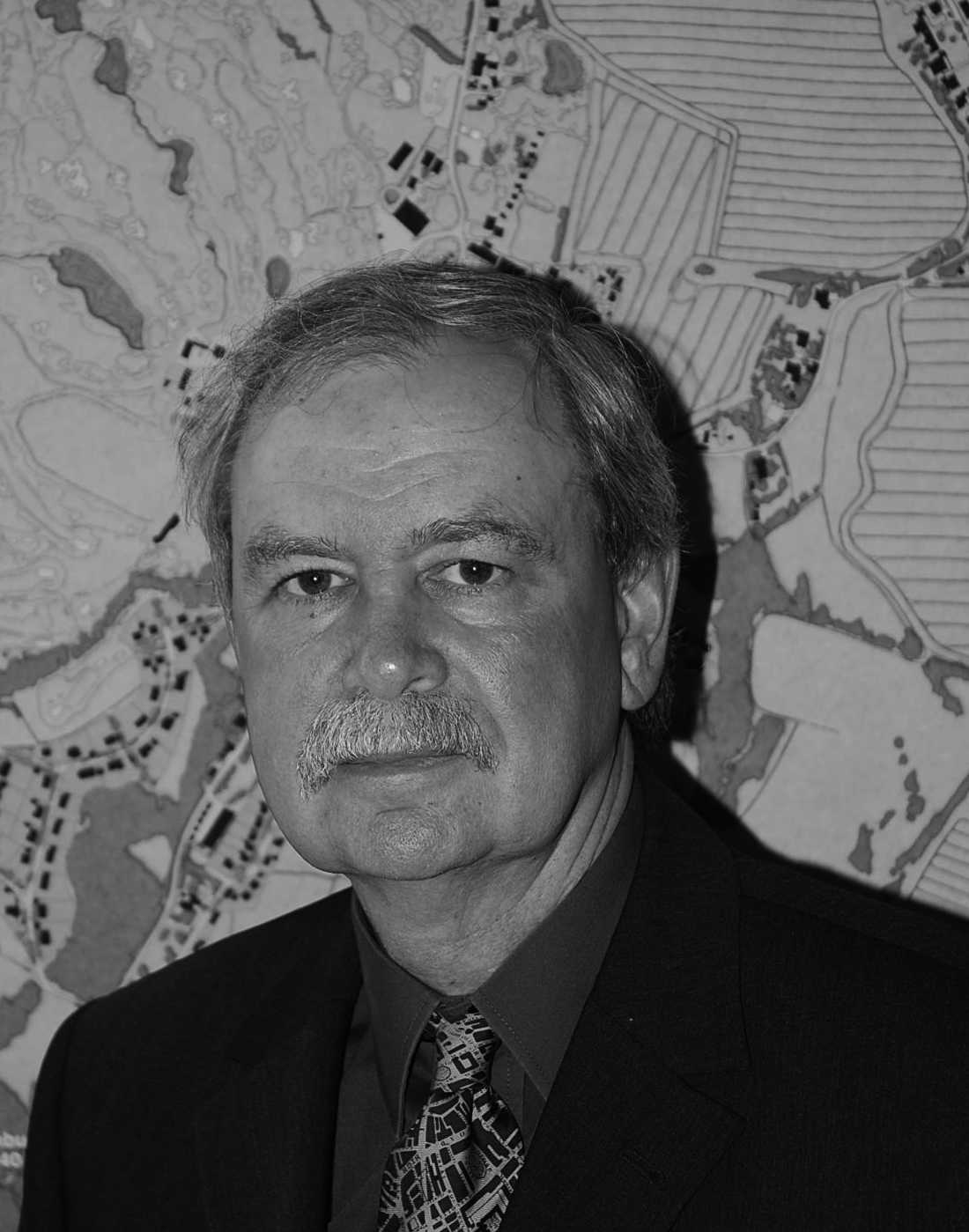 |
Duane Phillips is an architect and the director of DPZ-Europe in Berlin, Germany. DPZ-Europe is a partnership of DPZ practitioners and collaborators who are committed to the skills and techniques of traditional urbanism. With a combined total of over 30 years of practice, DPZ Europe’s experience spans the history of the revival of traditional urbanist planning and design, including new towns and communities, redevelopment projects, and sustainable design. Duane earned his B. Sci. Arch. in 1980 at Pennsylvania State University, USA and his AA Dipl. in 1982 at the Architectural Association School of Architecture, London, UK. He is a member Royal Institute of British Architects and is certified by Berlin Building Ministry (Architektenliste), Germany. Furthermore he is certified by the National Council of Architectural Registration Boards, USA, the Commonwealth of Pennsylvania and the German Architektenkammer in Berlin, Brandenburg and Thüringen. | ||
| Dr. Ruth Förster | |||
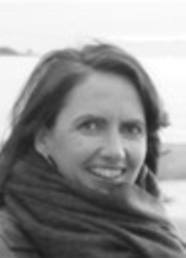 |
I am passionate about empowering people to navigate change for sustainable development (SD). Therefore, I design and facilitate learning and co-operation processes by blending scientific with art-based and nature-based experiential approaches. My work is informed by more than 20 years expertise in Higher Education, e.g. teaching transdisciplinary project work and in transdisciplinary research for SD, e.g. investigating the functions of participatory modelling for urban planning. I worked at ETH Zurich, University of Washington Seattle and Swissnex San Francisco. Nowadays, I am working part-time as freelance consultant, trainer and process-coach. For STRIDE at Impact Hub Zurich I guide «The Passage» program for people in professional transitions towards a more meaningful career. For ETH Zurich, I recently co-designed and managed the interdisciplinary program MASICAS ETH Future Transport Sytems. Furthermore, I lead the saguf Working Group Education for Sustainable Development. Complementary to a Dr. sc. in environmental engineering and a postgraduate degree in didactics from ETH Zurich, I am certified Tamalpa Life Art Practitioner in Expressive Arts & Movement and Vision Quest Guide. During the summer university, I am excited to offer explorations with all senses in different spaces, supporting us to perceive and better understand complex relationships in creative and joyful ways. |
||
Scientific assistants |
|||
|
Julie Schmidtsdorf |
|||
|
|
My name is Julie Schmidtsdorf and I am a 21 year old student from Germany. I study “Landuse and Conservation” at the University for Sustainable Development Eberswalde in the north of Berlin. I am very interested in the topic of sustainable landuse, rural development, and landscape planning. In my studies in Eberswalde I put a special focus on ecological farming and sustainable food systems. I joined the Summer University “The Future of Sustainable Food Development” in last august. It was a great a pleasure to me to work together with a local vintner. We analysed the steps of sustainability in his business strategy and he taught us a lot about wine growing. It was very interesting to me to learn more about agriculture and food consumption in other countries and cultures. I am very much looking forward to our next Summer University and am curious about all the different participants and projects that will be started. |
||
| Lam Sze Ching | |||
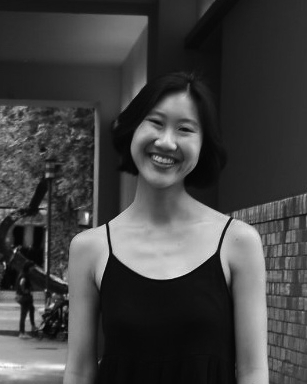 |
Lam Sze Ching is currently an intern at DPZ Europe. She majors in Urban Studies and is a rising senior from Yale-NUS College in Singapore. She is interested in how ``urban problems” can be resolved, which piqued her interest in New Urbanism – this led to her eventual application to DPZ. Sze Ching has been exposed to a wide range of topics, from how urban spaces shaped the life of ancient Roman cities to the histories and social inequality caused by housing systems across different countries. She has always been intrigued by the relationship between the built environment and social life and intends to write her thesis on neighborhood change. She is excited to meet the participants from varied backgrounds and to engage with the many interests they bring to the program! | ||


